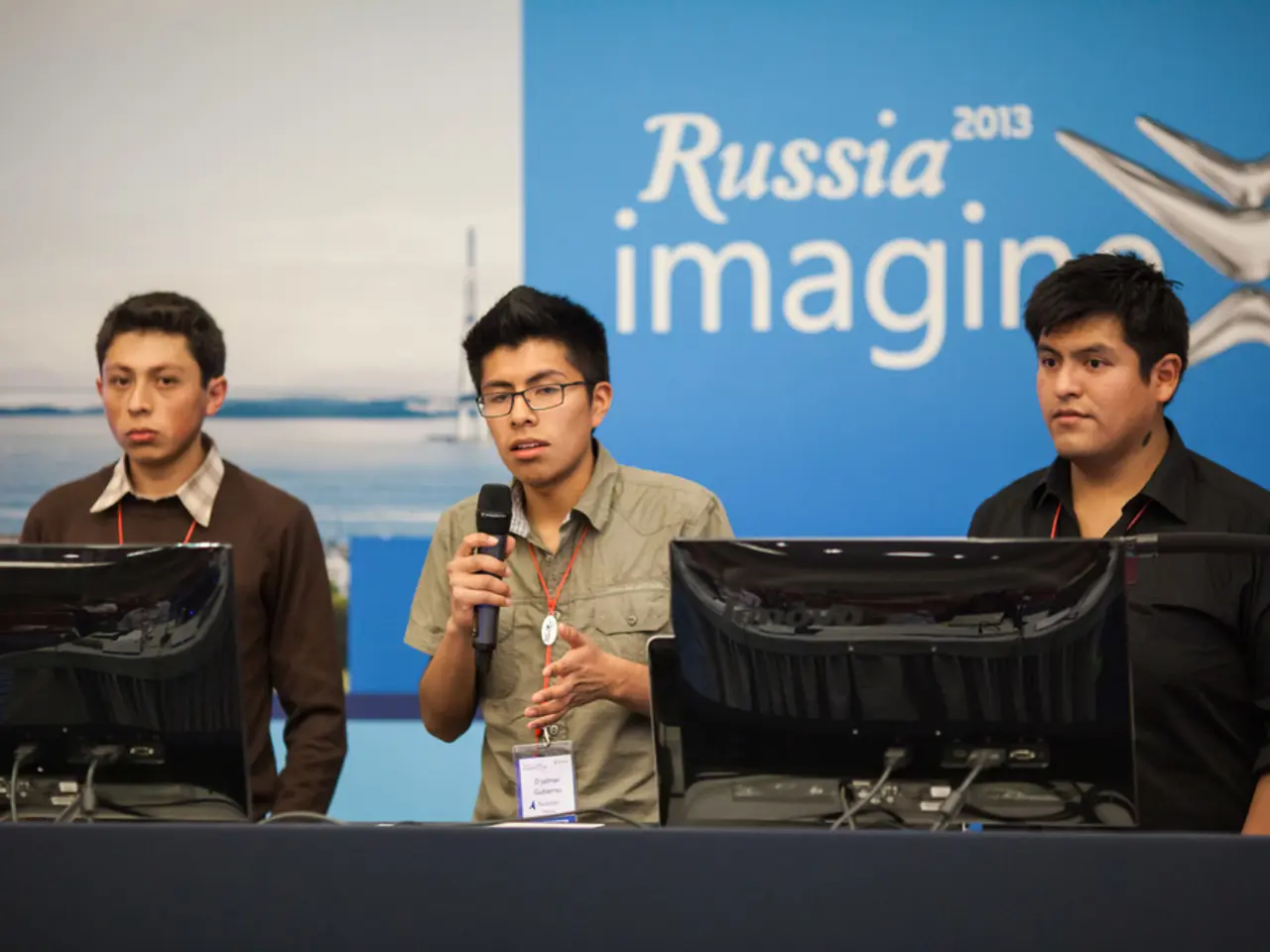Urgent Actions Needed to Bolster AI as the Key Driver of National Progress, Says President Tokayev
Kazakhstan Pursues Comprehensive AI Strategy for Economic Modernization
President Kassym-Jomart Tokayev has emphasized the importance of artificial intelligence (AI) as a strategic priority for Kazakhstan's development, aiming to drive economic modernization, digital transformation, and social development across multiple sectors.
In a meeting attended by Prime Minister Olzhas Bektenov, Head of the Presidential Administration Aibek Dadebay, and other government officials, Tokayev reaffirmed that building a strong national AI sector is of strategic importance for Kazakhstan's future. He expressed dissatisfaction with the slow pace of progress in transitioning to a unified national digital ecosystem and called for intensified work in this area.
The government is developing a pragmatic and internationally-informed AI development program that integrates AI applications in key areas such as the real economy, public administration, and healthcare. The strategy involves implementing AI to improve productivity and innovation in the real sector, digitizing government processes for enhanced public service delivery, and utilizing AI in healthcare for diagnostics and treatment planning.
To support this, Kazakhstan recently launched Central Asia’s largest national supercomputer cluster to underpin AI research, large-scale model training, and secure data infrastructure, reinforcing the country's role as a regional AI hub and ensuring data sovereignty.
A digital transformation group, or "digital headquarters," chaired by the Prime Minister, was established to oversee AI integration and carry out President Tokayev’s directives. This group focuses on nine priority areas including AI rollout in the economy and public administration, modernization of IT architecture, cybersecurity, Smart City initiatives, and support for domestic IT startups.
The government places significant emphasis on workforce adaptation through large-scale AI education and skills development programs for all ages. Free nationwide training initiatives such as the TUMO Center for Creative Technologies and the Tech Orda program target youth and professionals to build AI competencies in programming, big data, cybersecurity, and generative AI.
Key policy elements include developing a cohesive, internationally benchmarked AI regulatory framework, migrating all state and quasi-state digital systems to a sovereign digital platform, strengthening data protection by moving citizens’ personal data communications to a secure national messenger app, supporting AI startups and innovation exports through targeted state measures and promotion abroad, and ensuring accessibility to national AI infrastructure such as the supercomputer cluster.
Tokayev also highlighted the need to improve cybersecurity in the context of AI, citing concerns over data leaks and deepfake content. He instructed the government to introduce export support measures for local AI startups and to revive the digital ambassador initiative.
In addition, Tokayev praised promising Kazakh AI startups, some of which he believes have the potential to become unicorns. He also called for the expansion of AI-Sana and teacher upskilling in AI.
With the global AI market projected to reach $4.8 trillion by 2033, and its share of the tech industry rising from 7% to 29%, President Tokayev tasked the government to develop a comprehensive program for AI development and digital transformation. He also supported Kazakhstan's participation in the preparatory work for the proposed multilateral body for global AI cooperation.
In summary, Kazakhstan aims to become an advanced digital state and a Eurasian digital hub within five years, with the comprehensive AI strategy overseen personally by President Tokayev and implemented through coordinated governmental bodies and partnerships with international experts.




